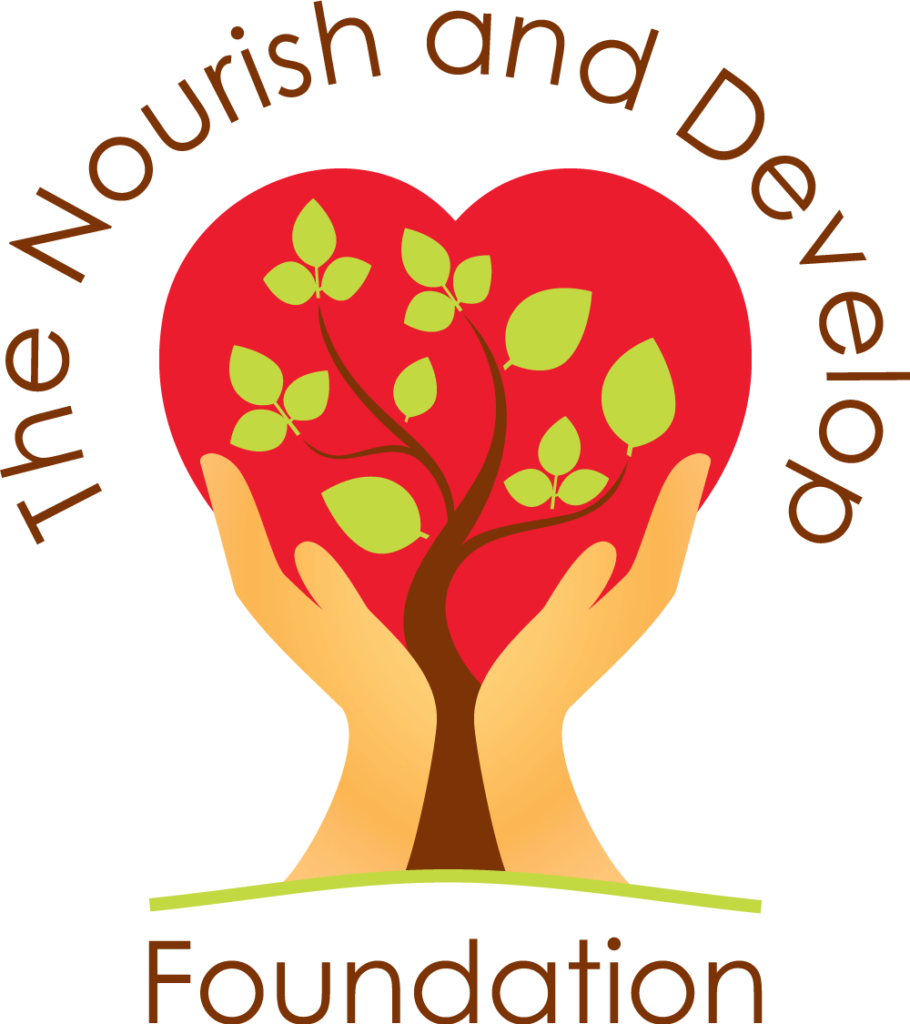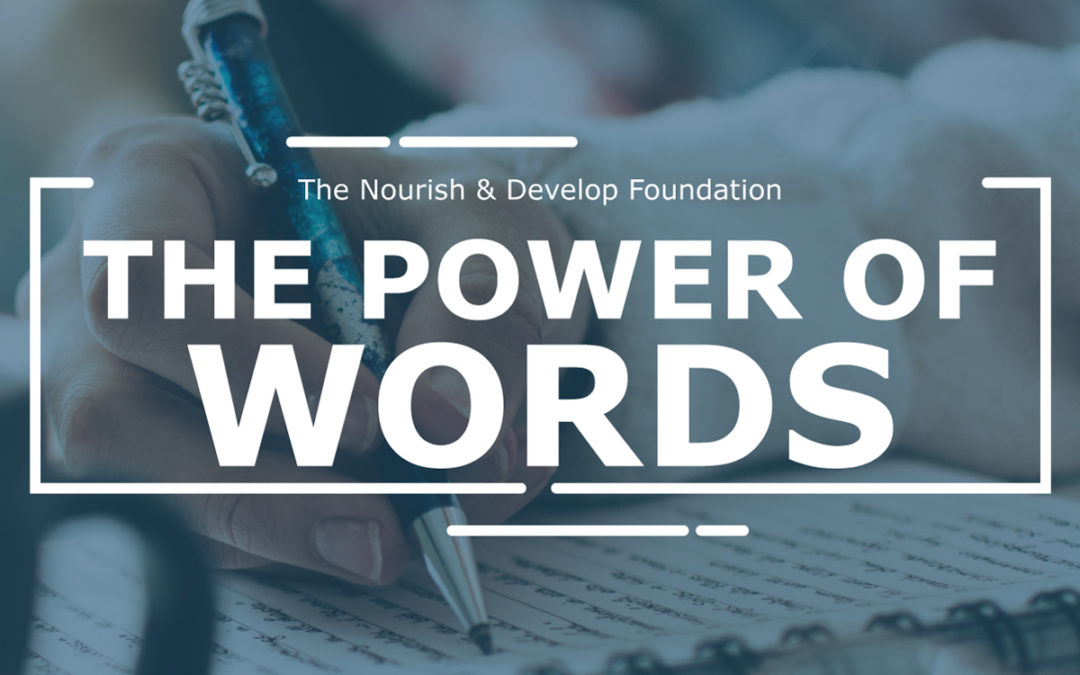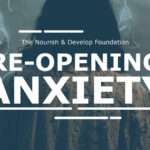Reading and journaling are not always given a fair chance in the adult world.
This might be because we think back to the literature we had to read as part of the school curriculum or confessing secrets in our old diaries. Therefore, making use of paper does not get the credit it deserves for being so beneficial to our mental health. And hey, if you think books and notepads are old school, there are digital alternatives!
Reading and writing can offer an escape from the stress in our lives while allowing us to decompress and refocus. Depending on how you use these tools, it may present an opportunity to face problems or inner conflict head on. Today we want to touch on how you can utilize literacy for coping and therapeutic purposes!
Benefits of Reading
- Advances concentration and focus
- Aids in falling asleep and quality of sleep
- Improves working memory
- Strengthens the brain and generates neural pathways
- Enhances ability to empathize
Benefits of journaling
- Boosts mood and self-esteem
- Prioritizes problems, fears, and concerns
- Helps identify triggers and negative self-talk
- Supports cognitive functioning
- Increases creativity, gratitude, and communication skills
And they both reduce symptoms of stress, loneliness, anxiety, and depression!
Examples of reading materials
- Books
- Magazines
- Articles
- Comics
- Blogs
- Newspapers
- Manuals
- Poetry
- Recipes
- Scripts
Did you know: Just 6 minutes of reading per day can slow down your heart rate and improve overall health?
Examples of journaling topics
Make the conscious decision to be more grateful. Dedicate a day once per week to rewiring your brain by recalling what you are thankful for and to recognize the resources you have access to. When we express gratitude, feel-good hormones are released which improves our well-being in the moment as well as over time, and it builds our resiliency knowing that we have the support to bounce back from distress. Adopting the habit of gratitude journaling changes our outlook on life to generally be more optimistic and raises our self-confidence.
One popular method of releasing emotions through journaling is in the form of writing a letter that you do not actually send or give to anyone. Unsent letters are effective for gaining clarity, closure, and release. You could direct it to a loved one who passed, a colleague, or even to your future self. To help free up your head space and to purge out negative energy, put twelve minutes on the timer and begin writing about whatever is disturbing your peace. Do not worry about legibility or proper grammar/punctuation, just let all the emotions flow out. Stop once the time is up and refrain from reading it over. Destroy it and let it go. This practice of venting alleviates tension and stress.
Did you know: It is common for psychotherapists to incorporate journal writing into treatment?
For some people, the process of working through thoughts and feelings has more success in a less structured format. Luckily, creative expression has a place in journaling. Find the medium that works best for you, whether it be pencils, markers, paints, graphic design, pastels, a collage, stamps, etc. Think of it as a visual diary (words, quotes, and sentences permitted). There are no rules as long as it feels self-reflective and/or cathartic. You could even try constructing the physical journal itself!
The concept of bullet journaling may be referred to as ‘a mindfulness practice disguised as a productivity system’. Rather than using a pre-lined pre-structured notebook, bullet journaling starts with a completely blank page and it is up to the creator to customize how they want to track to-do lists, appointments, notes, goals, etc. in a way that will be constructive for them. The bonus with bullet journaling is that you can keep everything worth tracking in one place and it is an activity that requires you to be in the moment. It is quite soothing and enjoyable as well!
We know the benefits of connecting with nature and journaling allows us to take a more intimate approach in doing so. This could include drawing or painting a photo of what you observe, describing what you see, or adding physical items like leaves, flowers, seeds, plants, berry smears, etc. Making note of how all your senses are engaged, turning your experience into a poem, or recording how the same spot changes over time are more creative options! It is a hands-on way of learning about, engaging in, and appreciating nature.
RESOURCES
SOURCES



